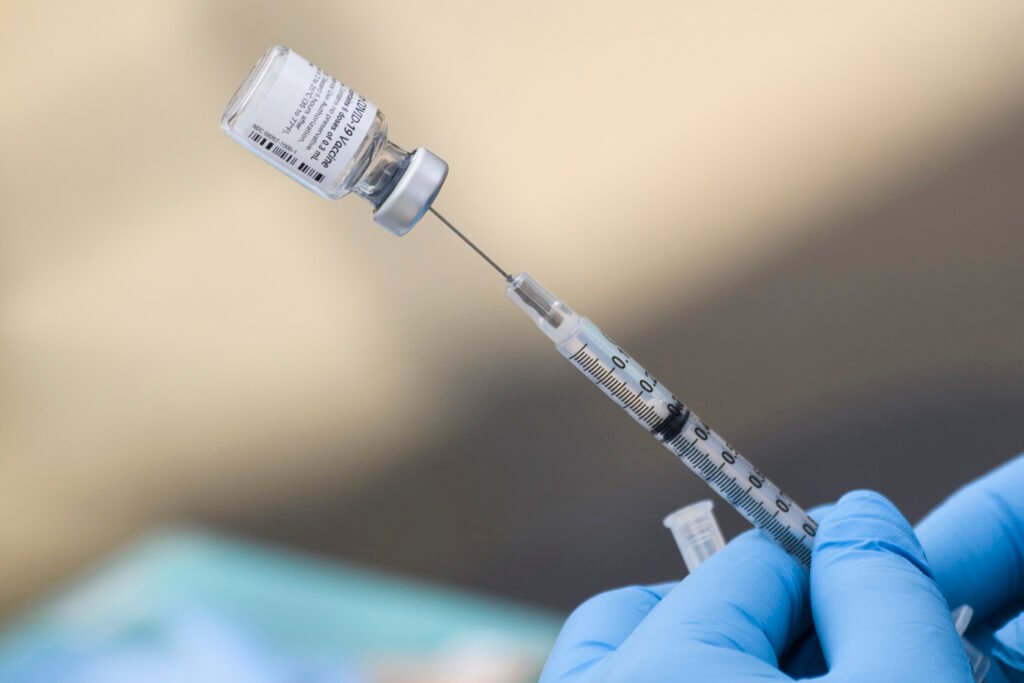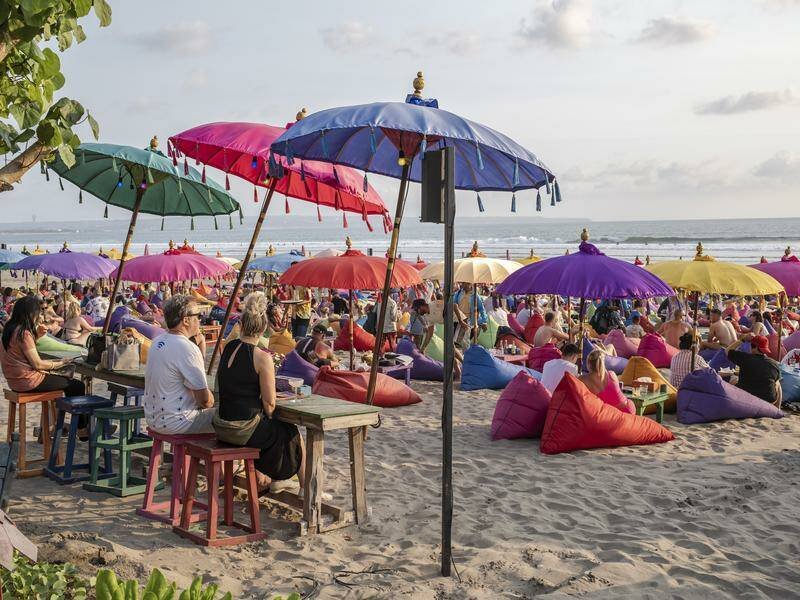Before you plan on an international journey, it’s important to familiarize yourself with key vaccines and preventive measures, particularly for diseases that are widespread in certain regions. Here’s a rundown of the vaccines and risks you need to be aware of:

1. Dengue Vaccine: Qdenga and Dengvaxia
Dengue fever, a mosquito-borne illness, affects millions globally, particularly in tropical areas. Until recently, there was limited vaccine availability for travelers. However, the Qdenga vaccine has now been introduced in several countries, including the UK and parts of Europe, while Dengvaxia is available in the United States.
-
Effectiveness: Qdenga provides some protection, especially for those who have previously had dengue. However, if you’ve never contracted the virus, the vaccine may offer limited defense and could even increase the risk of severe infection, according to experts like Dr. Nicky Longley of University College London Hospitals.
-
Recommendation: It’s advised to continue using traditional bite-prevention methods, such as insect repellent and long-sleeved clothing, even if vaccinated.
2. Mpox (formerly Monkeypox)
Global concerns about mpox, a viral disease that has seen outbreaks across several countries, have risen sharply. The World Health Organization (WHO) has declared it a “public health emergency of international concern.” Cases of the more severe strain, clade Ib, have spread to countries like Thailand and even Europe.
-
Vaccine: The Jynneos mpox vaccine is recommended for individuals at high risk, particularly in the United States, where a two-dose regimen is advised.
3. Malaria Vaccine
Malaria continues to claim hundreds of thousands of lives annually, predominantly in sub-Saharan Africa. A breakthrough vaccine has been introduced for children in some African countries, including South Sudan and the Ivory Coast, but its use for global travelers remains limited.
-
Suitability for Travelers: According to experts, the current malaria vaccine isn’t practical for travelers due to the need for frequent boosters and incomplete protection. Travelers to malaria-prone areas should continue taking preventive measures, such as antimalarial medications and mosquito nets, rather than relying on the vaccine.
4. Bite Prevention Measures
Insect-borne diseases like dengue, malaria, and others are a significant threat in tropical and subtropical regions. Travelers are strongly advised to follow these precautions:
-
Use insect repellents containing DEET or picaridin.
-
Wear long-sleeved shirts and long pants, preferably treated with permethrin.
-
Sleep under mosquito nets when staying in rural or remote areas.






